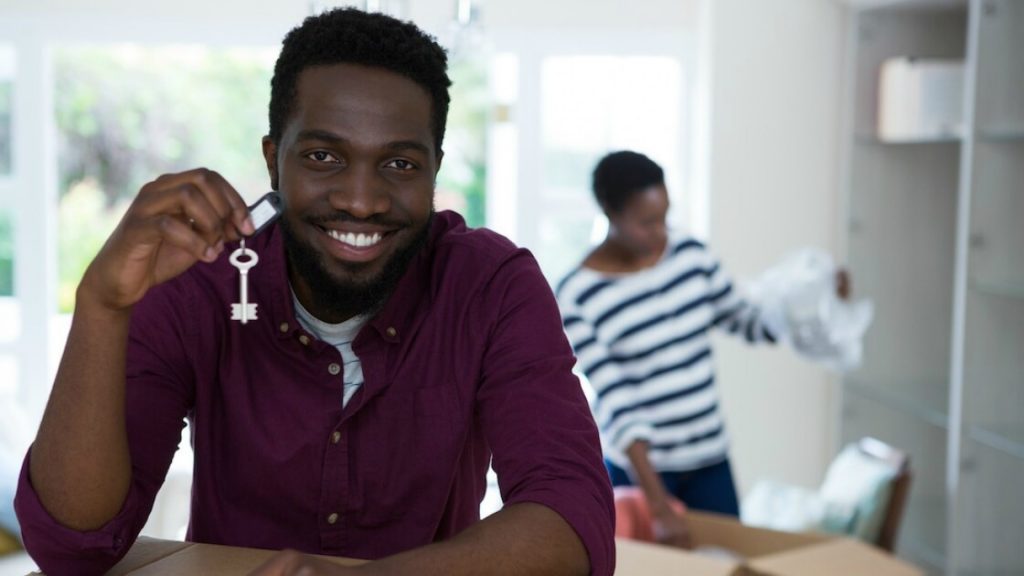
By Katie Moritz | Rewire
The millennial generation gets the reputation for being disruptors—we’re bucking norms by delaying getting married, buying a home and having children. It’s now common to wait until your late 20s to tie the knot—if you do it at all.
But is that something we’re consciously choosing? Yes, the culture is shifting and expanding to encompass more accepted types of relationships and life paths. But it might not be as intentional on millennials’ part as older generations make it out to be.
Times are changing, goals stay the same
The ages at which people hit typical adulthood milestones have been steadily increasing over time—it’s not something that millennials invented. The average age for first marriage and first-time parenthood have been on the rise for decades, with each new generation pushing it higher than the last.
But researchers at the Stanford Center for Longevity have found that the generations are similar in a surprising respect: All want to hit these milestones at about the same age.
“I think it’s important to distinguish actual experience from ideals because people often confuse the two,” wrote Jeanne L. Tsai, a Stanford University professor of psychology, about the study. “We see someone behaving a certain way, and we think (often mistakenly) that they want to behave in that way.”
By surveying more than 1,700 people ages 25 to 75-plus, researchers found just about everyone aimed to marry by 27, buy a home by 28 and start a family by 29. But, in reality, every generation slipped further away from these goal ages.
“Younger adults are viewed as wanting to disrupt the traditional milestones because they are marrying later and purchasing homes later, but the data actually show that younger adults want to marry and purchase homes earlier than they actually do,” Tsai wrote.
We’re not hitting these goals because they’re outdated, the researchers believe. And the discouragement and depression that comes from the discrepancy between our goals and reality can damage our well-being.
“People are appearing to pursue ideals for life that were set around World War II, and it doesn’t make sense that we as a society haven’t questioned these ideals,” said researcher Tamara Sims in an interview with Stanford University.
So, really, we’re not the outliers—we’re right on track, for better or for worse.
Homeownership slipping away
Homeownership was the milestone the fewest millennials surveyed actually reached by their goal age. But even 35- to 54-year-olds said they purchased a house seven years after they intended to.
Compare that to people 65 and older, who said they bought their homes one or two years after their aim.
Homeownership rates have been decreasing for a variety of reasons, including rising student loan debt and the delay of marriage and children. Buying a house is often linked to one or both of those other milestones.
Best-prepared for retirement?
What millennials are doing better than generations before, according to the survey, is saving for retirement.
This might come as a surprise—we’re told by experts that very few people are saving effectively. But, possibly because of increased awareness around the issue, millennials are setting goals to save earlier, and 43 percent are hitting those goals, the results revealed.
“Beliefs and values about the right way of doing things—in this case, when you should get married, buy a home—are very ingrained in our culture,” Tsai wrote. “At the same time, I think the results on saving for retirement are really encouraging. They suggest that with education and alternative models for doing things, beliefs, expectations and even behavior can change.”
![]() This article originally appeared on Rewire.
This article originally appeared on Rewire.
© Twin Cities Public Television - 2018. All rights reserved.
Read Next



